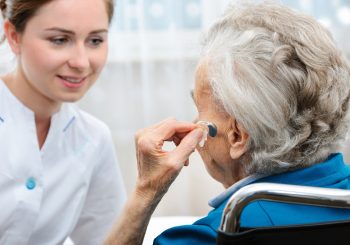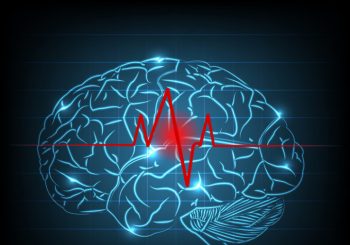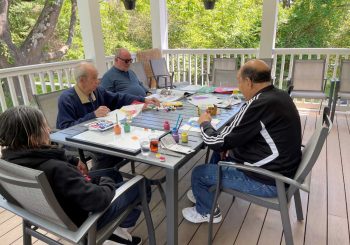
A slow loss of hearing ability is generally viewed as a normal and accepted part of aging. It is an unfortunate reality many of us will face as we get older. About two-thirds of Americans experience some hearing loss by the time they reach their 70s. It is perceived to be so inevitable that many do not seek any treatment or remedy for hearing loss. In fact, less than 15-20 percent of people diagnosed with hearing loss even use hearing aids. However, research is now increasingly pointing to li...
Read More
Read More









